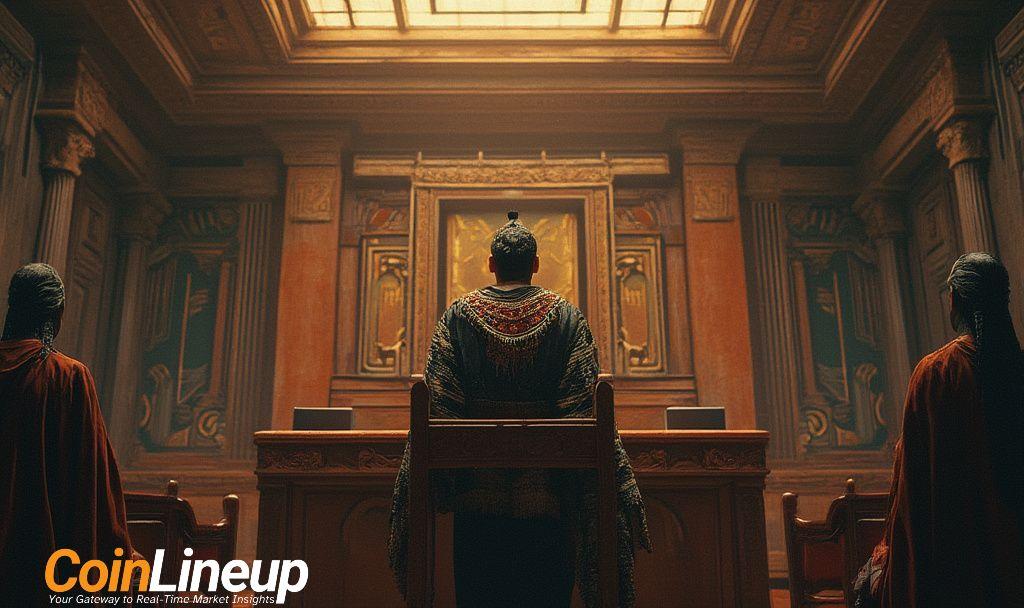
- Judge vacated Eisenberg’s fraud convictions in a major legal decision.
- Ruling affects how DeFi exploits may be legally treated.
- Regulators face dilemmas with decentralized protocol vulnerabilities.

Main Content:
U.S. District Judge Arun Subramanian overturned all fraud convictions against Avraham Eisenberg related to the Mango Markets exploit on May 23, 2025, in New York.
The ruling indicates a pivotal shift in how decentralized finance (DeFi) exploits might be interpreted legally, as conventional fraud concepts face challenges.
In October 2022, Avraham Eisenberg, a self-proclaimed applied game theorist, executed what he called a market strategy on Mango Markets, leading to convictions that were vacated this month. Eisenberg allegedly manipulated MNGO Perpetuals, facilitating loans exceeding $100 million, amplifying the vulnerabilities of DeFi protocols.
Judge Subramanian concluded that Mango Markets’ system, being permissionless and automatic, could not be deceived legally, necessitating fresh considerations for DeFi regulations. The prosecutor argued exploitation akin to market manipulation, while Eisenberg’s defense emphasized using flawed yet available systems.
“Mango Markets was permissionless and automatic; the system couldn’t be deceived in a legal sense,” said Judge Arun Subramanian, U.S. District Judge, U.S. District Court for the Southern District of New York.
Eisenberg returned $67 million through a settlement, which reflects financial consensus amid regulatory uncertainties. This case influences how decentralized exchanges are viewed, especially given the inherent reliance on predetermined code rather than centralized oversight. Historically significant, Judge Subramanian’s decision underscores emerging challenges in bridging DeFi mechanics with existing legal frameworks.










